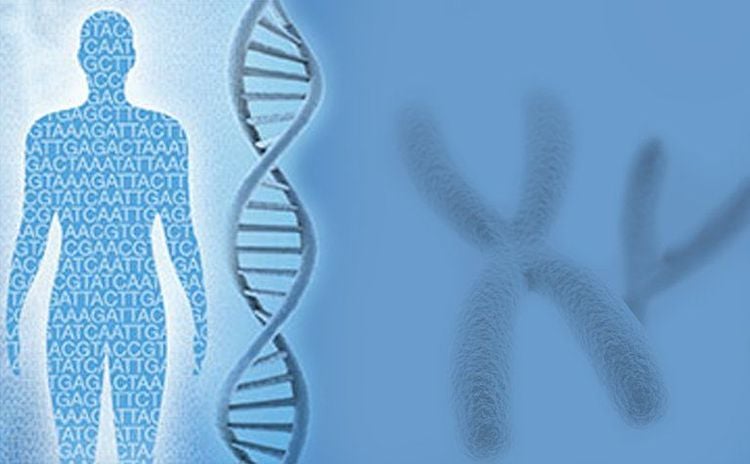This is an automatically translated article.
Article written by Doctor Bui Thi Phuong Hoa - Genetic consultant doctor - Vinmec Hi-tech Center
Neonatal genome sequencing is an currently investigated method to collect and analyze large amounts of DNA sequence data during the neonatal period. Gene sequencing, a technology used to determine the order of DNA constituent units (nucleotides) in an individual's genetic code to check for genetic disorders in children and adults.
Researchers have proposed using this technology to screen all infants for health conditions they may have or are at risk of developing during childhood.
Newborn genome sequencing will not replace standard newborn screening (now there is a national program for some underlying metabolic diseases). Like current newborn screening, newborn genome sequencing will allow doctors to identify health conditions very early in life.
This technique will greatly expand the number and range of health conditions that can be diagnosed soon after birth, potentially allowing doctors to start other treatments and monitoring as soon as possible.
As interest in infant genome sequencing grows, researchers and ethologists have identified ethical, social and legal issues that may need to be considered before technology This is widely applied.

Giải trình tự gen để kiểm tra các rối loạn di truyền ở trẻ em và người lớn
These include the following considerations:
Some genetic changes will have implications for the health not only of the infant but also of the parents and other family members. The interpretation of genomic data is constantly evolving, and it is currently unclear whether certain changes in the genome are related to a person's health. While some genetic changes have immediate implications for a newborn's health, others only affect the risk of developing health problems later in life. Neonates cannot provide informed consent, which is often required when testing for adult-onset diseases. Newborn genomic screening poses privacy issues and the potential for genetic discrimination if genomic data becomes part of a child's medical record. Newborn genome sequencing may also have other unrecognized risks and limitations. All of these issues are being investigated as neonatal genome sequencing becomes increasingly possible on a large scale.
Please dial HOTLINE for more information or register for an appointment HERE. Download MyVinmec app to make appointments faster and to manage your bookings easily.













